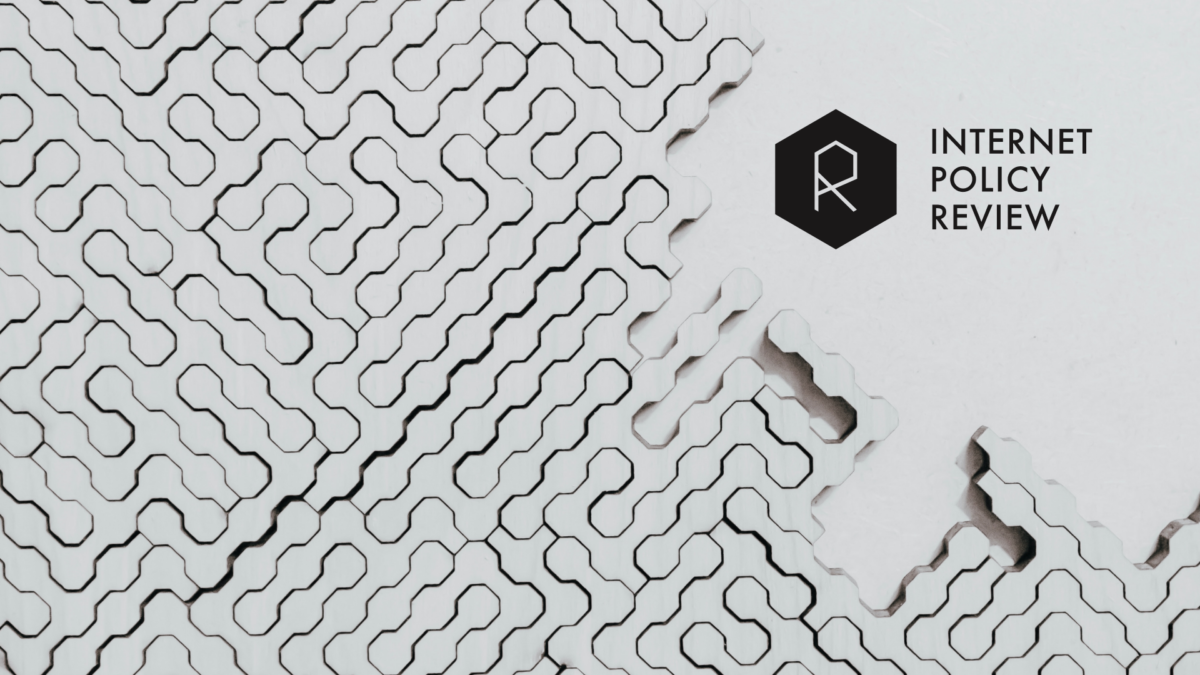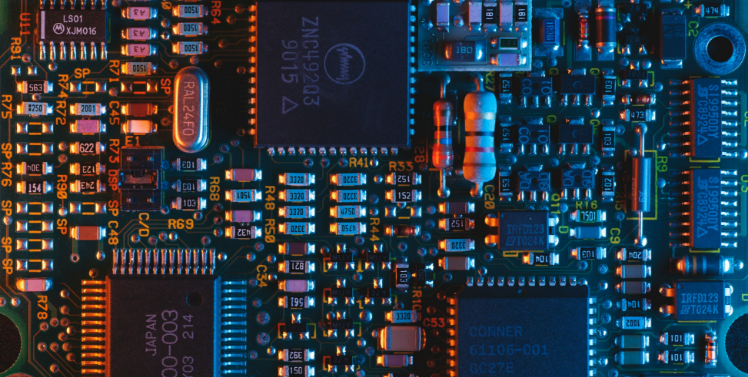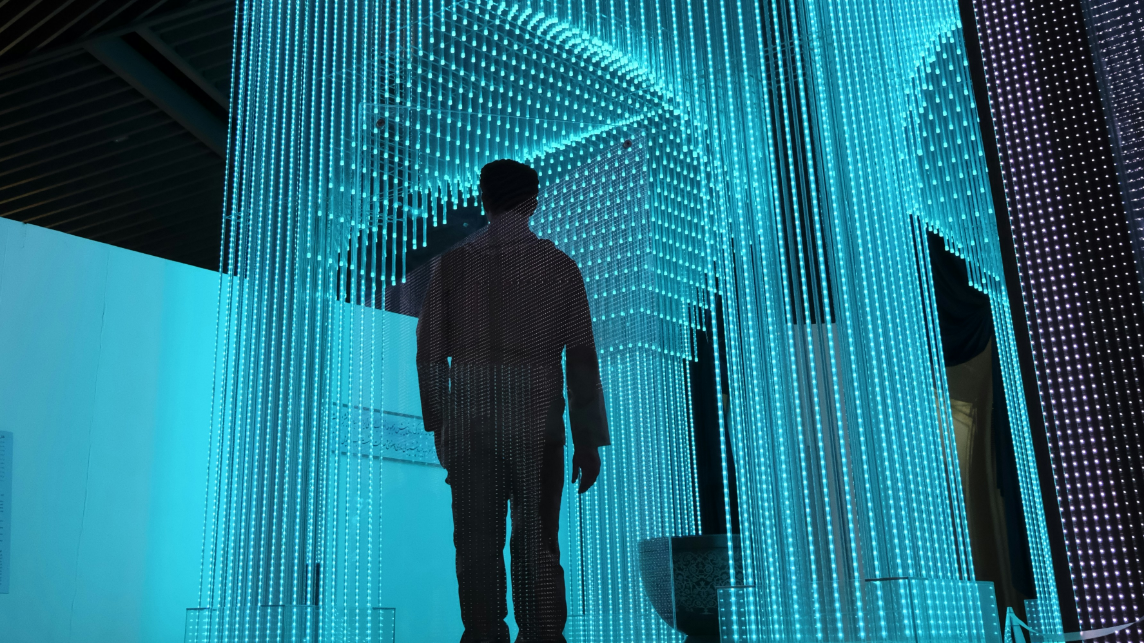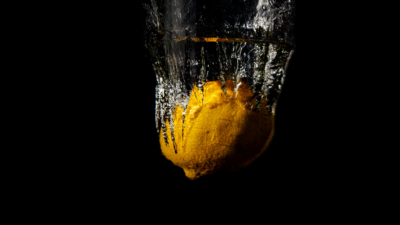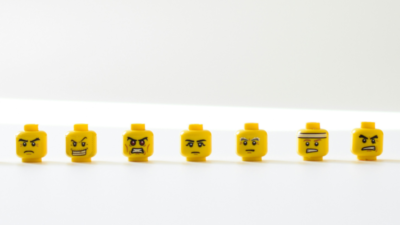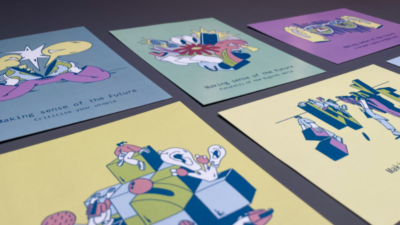
Why is science important for society?
We live in a knowledge society. Knowledge – in addition to mineral resources, capital and physical activity – is an increasingly important resource. It contributes to the functioning of democracies and innovation and helps countries to be competitive on a global scale. But science which contributes significantly to knowledge production, is confronted with new challenges.
The role of science in an increasingly fragmented and digital society, as well as its significance for politics and civil society, will be redefined. Science can never offer a universal truth or an objective representation of the world. It can, however, offer methodologically verifiable interpretations and can question certainties and trigger reflections. Science has an important social role and at the same time bears great responsibility precisely when the situation is not clear. How can science communicate existing uncertainties and disputes clearly and still avoid the impression of arbitrariness?
What is knowledge transfer?
The interaction between science and society ensures that knowledge is exchanged, tested and reflected between the various interest groups. This interaction is often referred to as knowledge transfer. For example, one speaks of knowledge transfer when medical research is applied in practice or when certain technologies are based on prior research.
Why does the HIIG speak of science communication?
Contrary to the widespread idea that there is a unidirectional transfer from science to society, the HIIG speaks regularly of the comprehensive term ‘science communication’. Knowledge is changeable and arises out of dialogue when it is shared. An important aspect of knowledge production is the constant exchange between different actors and institutions. Therefore, one should not speak of a one-sided transfer, but of a productive dialogue between scientific and social actors. Science bears the responsibility to keep the door open for communication and to constantly examine and reflect on the knowledge it has gained.
We are committed to responsible, transparent and problem-oriented science communication (as a conceptual extension of knowledge transfer). That is why we strive for a dialogue on an equal level and for empathy for different stakeholder groups and pursue the approach of accepting uncertainties in science and making them transparent.
FAQs about science and society
Knowledge is an increasingly important resource in our society. Science contributes significantly to the production of knowledge and thus contributes to the functioning of democracies, drives innovation and helps countries to be competitive in the global economy.
Science can never offer a universal truth or an objective representation of the world. However, it can question the conditions of validity and trigger reflection. Science thus has an important social role to play.
Research projects and programmes on the topic of science and society
Capacities and competencies in dealing with hate speech and hostility towards science
This project develops strategies to make the science system more resilient to high publicity negative statements.
Knowledge & Society: Shifts in knowledge production, organisation and transfer
Our research team analyses the influence of digital technologies on knowledge transfer in order to provide practice-oriented findings for science policy and university management.
Our blog articles on the topic of science and society
Science hostility: What we know and what we can do about it
The KAPAZ project supports researchers facing science hostility with communication training, institutional resources, and initiatives to raise awareness.
Resistance to change: Challenges and opportunities in digital higher education
Resistance to change in higher education is inevitable. However, if properly understood, it can contribute to shaping digital transformation constructively.
Debunking science myths: Preconceptions about science put to the test
What is really true about preconceptions about science? Four popular myths about a constantly quarrelling group of professionals explained simply.
Making Sense of the Future: New brainteasers for digital futures in the classroom
Explore “Making Sense of the Future”, an open educational resource combining futures studies and creative exploration to reimagine our digital futures.
Honey, we need to talk about the future
Can futures studies challenge the status quo beyond academia and approach public dialogue as an imaginative space for collective endeavours?
Diamond OA: For a colourful digital publishing landscape
The blog post raises awareness of new financial pitfalls in the Open Access transformation and proposes a collaborative funding structure for Diamond OA in Germany.


